Being true to the name of this website, I've been philosophizing and pontificating about my chosen profession for several years now. Here at this blog you'll find my thoughts, and some of my friends, as we try to explore the meaning and ramifications of Systems Engineering on our culture and society. ~~Paul
As artificial intelligence systems move toward greater autonomy, the critical question is not only what they can do, but how they will be supported, governed, and ultimately retired. Drawing on the INCOSE Systems Engineering Handbook v5, this article examines the often-overlooked Support and Retirement stages and provides a practical checklist to help systems engineers assess life-cycle readiness before complexity outpaces sustainment.
Readers can also download a free Support and Disposal Readiness Checklist to assess whether support and disposal considerations were intentionally incorporated into system design.
When headlines talk about putting servers in space, Systems Engineers should hear something else entirely: architecture trade space. This article revisits a timeless INCOSE principle, the disciplined comparison of fundamentally different architectures, using terrestrial and space-based computing as a modern case study.
Readers can also download a free Architecture Alternatives Comparison Worksheet to support early architecture decisions before assumptions harden into designs.
Scott Adams, the creator of the satirical comic strip Dilbert, died on Tuesday, January 13, 2026, at the age of 68. Marking the end of a career that left a lasting imprint on how engineers and technologists understand organizational dysfunction. For much of my professional career, Adams occupied a unique and, frankly, useful place in the engineering world. Through Dilbert, he became a satirist of corporate dysfunction, an informal organizational theorist, and a cultural translator between engineers and executives. His work gave voice to frustrations that many technical professionals experienced daily but struggled to articulate within hierarchical organizations
Boeing’s recent safety issues highlight how small, accepted risks can accumulate into enterprise-level failure. This article explores what Boeing’s experience teaches systems engineers about risk aggregation, tolerance, culture, and governance—and why disciplined, integrated risk management is essential in complex systems.
The INCOSE International Symposium (IS) was held July 1-4, 2024, in Dublin, Ireland — a beautiful host city and country. We set up a booth in the IS Exhibit Hall, joining many commercial and academic organizations in providing attendees with valuable information, demonstrations, and networking opportunities.
INCOSE has just released the Fifth Edition of the SE Handbook back in July 2024. We took a year to develop a whole new course based on this new version. This new course is now available and for sale. Check out INCOSE SEP Exam Preparation Course [Self Paced Video version]
INCOSE has just released the Fifth Edition of the SE Handbook. What does that mean for the INCOSE SEP Knowledge Exam? What are the transition plans to retire the old Exam based on the Fourth Edition?
What’s happening with SE Scholar and Certification? We have INCOSE’s Professional Development Portal and the latest news from Courtney Wright, the Program Manager for INCOSE’s Certification Program,
What’s happening with SE Scholar? We had interviews, podcasts, and even a new advertisement campaign.
The INCOSE International Symposium is an annual gathering of the world's leading Systems Engineers. We gather in order to encourage each other within our profession but also to try to learn more about how to make System Engineering even better. While I was mainly there to hawk my SE Scholar business, I did get to meet some new and old friends.
I had the honor of doing a tutorial called Applying Systems Thinking to Industry 4.0 for 2019 IEEE International Conference on Systems, Man and Cybernetics (SMC) in Bari, Italy. It turned out was better than I expected. Read more - Download the slides, handout and see some pictures.
The INCOSE International Symposium is an annual gathering of the world leading Systems Engineers. We gather in order to encourage each other within our profession but also to try to learn more about how to make System Engineering even better. While I was mainly there to hawk my SE Scholar business, I did get to see some very interesting talks.
The phrase “The whole is greater than the sum of the parts” is well known and important to Systems Scientists and Systems Engineers alike. It’s like a short pithy definition of Emergence. And it is almost always automatically attributed to Aristotle. But what I want to know is this - Did he say it? Why did he say it? And in what context?
The INCOSE International Symposium is an annual gathering of the world leading Systems Engineers. We gather in order to encourage each other within our profession but also to try to learn more about how to make System Engineering even better. While I was mainly there to hawk my SE Scholar business, I did get to see some very interesting talks.
My daughter Stephanie graduated from MIT this year and I got to hear Sheryl Sandberg, Facebook COO and best-selling author, give the Commencement address. Her message was about the effects of Technology on the Society and the World, what I heard … We Need a Better ConOps!
We’ll be going to the INCOSE Annual International Symposium. This year it's practically in our back yard (so to speak) so we couldn't resist. Please drop by our table A7 in the exhibit hall. We have some exciting promotional items we are giving away. Come and meet our team.
On June 21, 2017, I had the privilege of speaking to the INCOSE Chesapeake Chapter on the topic of Systems Science, Systems Engineering and Systems Thinking — using the catchy title, "Zen and the Art of Systems Thinking." Here I include the slides and references for those who want to explore my talk in more detail.
How is Systems Science an oxymoron? It may come from the fact that studying Systems requires a holistic perspective whereas the fundamental concept of Science is looking at things in a reductionist manner. So how do you reconcile these two fundamentally different approaches into one discipline? Maybe the key is looking and seeing “systems’ everywhere.
Where is the Science for Systems Engineering? Every engineering discipline has its science — Electrical Engineering has its Ohm's law — Mechanical Engineering has all of Newtonian Physics — Civil Engineering has Material Science — Chemical Engineering has its periodic table of elements — and so on and so forth. But what about Systems Engineering? Where is our science?
Every year the INCOSE Chesapeake Chapter holds a Systems Engineering Professional (SEP) Gala to celebrate local INCOSE members who have gotten the INCOSE SEP Certification (ASEP, CSEP & ESEP). This is my report for the 2016 version. It’s fun to be in the company of friends, peers and colleagues of your chosen profession.
As a society we tend to stigmatize and ostracize failure. But why? It is an essential step to success! We are so focused on winning that we forget the process includes failures as well. It is one of the most important lessons from our “Lessons Learned.”
On July 27, 2015, I gave a Keynote Address to the Summer Simulation Multi-Conference for the Society for Modeling & Simulation International (SCS). I talked about micro-verse, the Incredible Hulk, the history everyday reality, Internet of Things, the Science of (or lack there-of) Systems Engineering, the concept of Emergence, and M&S. It ended with a big heartfelt thank-you to all the modelers present.
Here are my slides and references for those who want more detail on my lecture. Enjoy.
In 2014 I gave two talks dealing with the newly released INCOSE Vision 2025. I gesticulated about how difficult it is to predict the future. But System Engineers should be at the forefront of innovation and invention as we bring a holistic point of view to these complex and world spanning problems. So take your place in making a better world and a brighter future.
For those who want more detail, I have links to the videos of my lecture, my slides and all my references. Enjoy.
The INCOSE CAB organization puts on a Webinar every third Wednesday of the month. They asked me to talk to INCOSE’s SE Vision 2020. Here is the abstract, a pdf of the slides, My responses to the Q&A, and a record of the chat. Enjoy.
Several years ago I was interviewed for an American Society of Mechanical Engineers (ASME) article dealing with INCOSE certification, and the author misquoted me a few times. In this post I try to “set the record start.”
Is this cloud thing another new fangled fad fleeting about in the firmament only to burn out as more people discover it's just a fancy figment of some marketers imagination? Fads fade fast when their promises are greater than reality — I’m looking at you AI and TQM.
But a lot of serious technologist feel this cloud thing is a concept that is here to stay. Let's do some scholarly research into all this Cloud nonsense and find out if it really matters.
I just finished watching the documentary "All Watched Over by Machines of Loving Grace" by Adam Curtis. The entire series of three 1 hour shows is a real challenge. I say this because of the way Mr. Curtis makes such seemly tenuous connections between people and the flow of their ideas across modern history. His assertion is that these ideas together have forged our present day perception of reality. False perception is more like it.
This "documentary" is very thought provoking piece of media. And when my thoughts get provoked I strike back with a long and pretentious blog.
It's time for Systems Engineers to embrace their creativity and lead organizations to greater heights of technical glory. I truly believe that to be a truly great Systems Engineer you need to get in touch with that artistic, creative person that's buried deep in your soul. Will you answer the call and dig that creative part out of you?
The other day I was able to go to a lecture by Dan Roam, the author of the wildly popular book, "The Back of the Napkin: Solving Problems and Selling Ideas with Pictures." His topic was, "What to do when words don't work" and his seemingly outrageous claim the, "You can solve any problem with pictures."

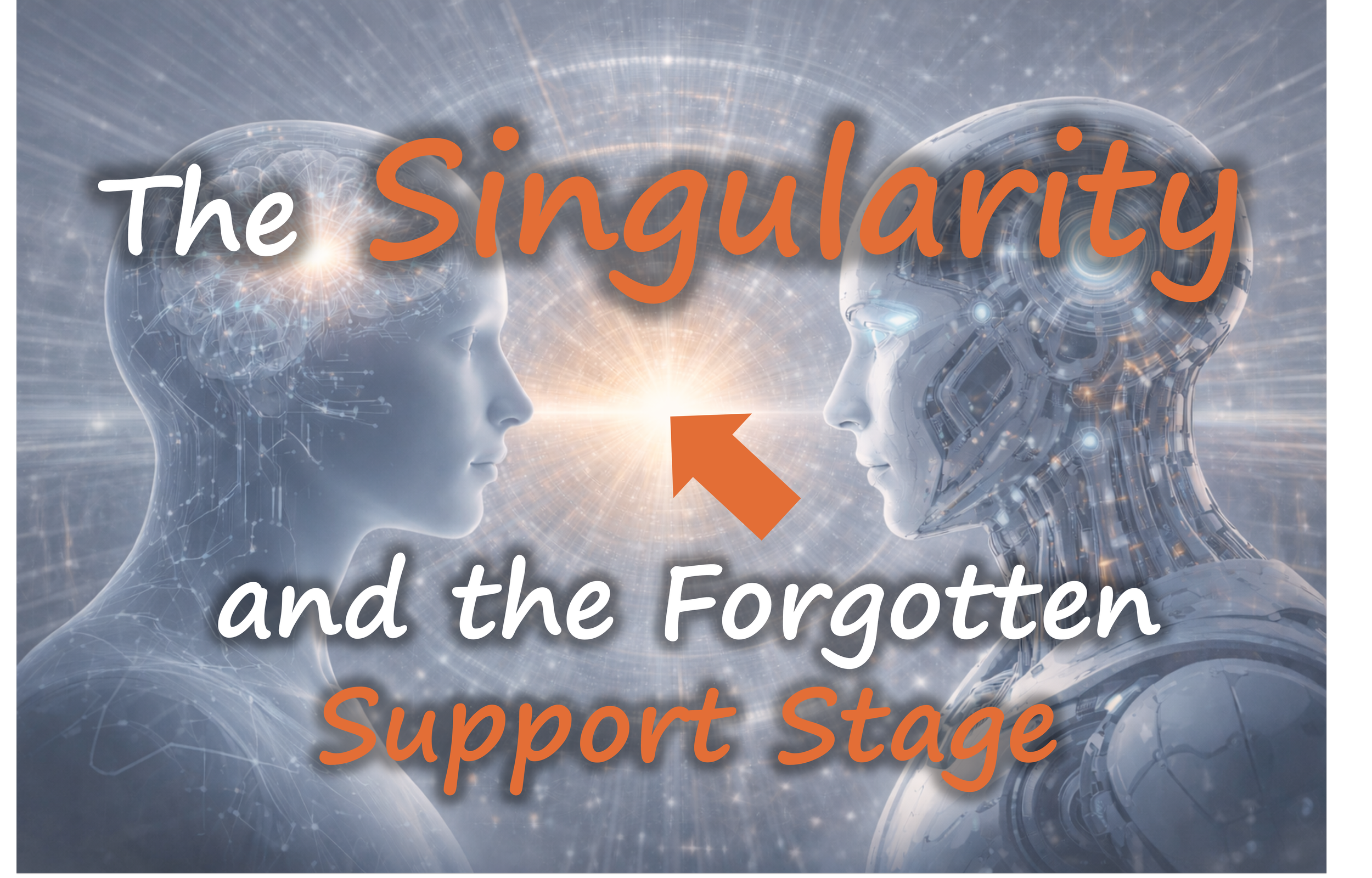
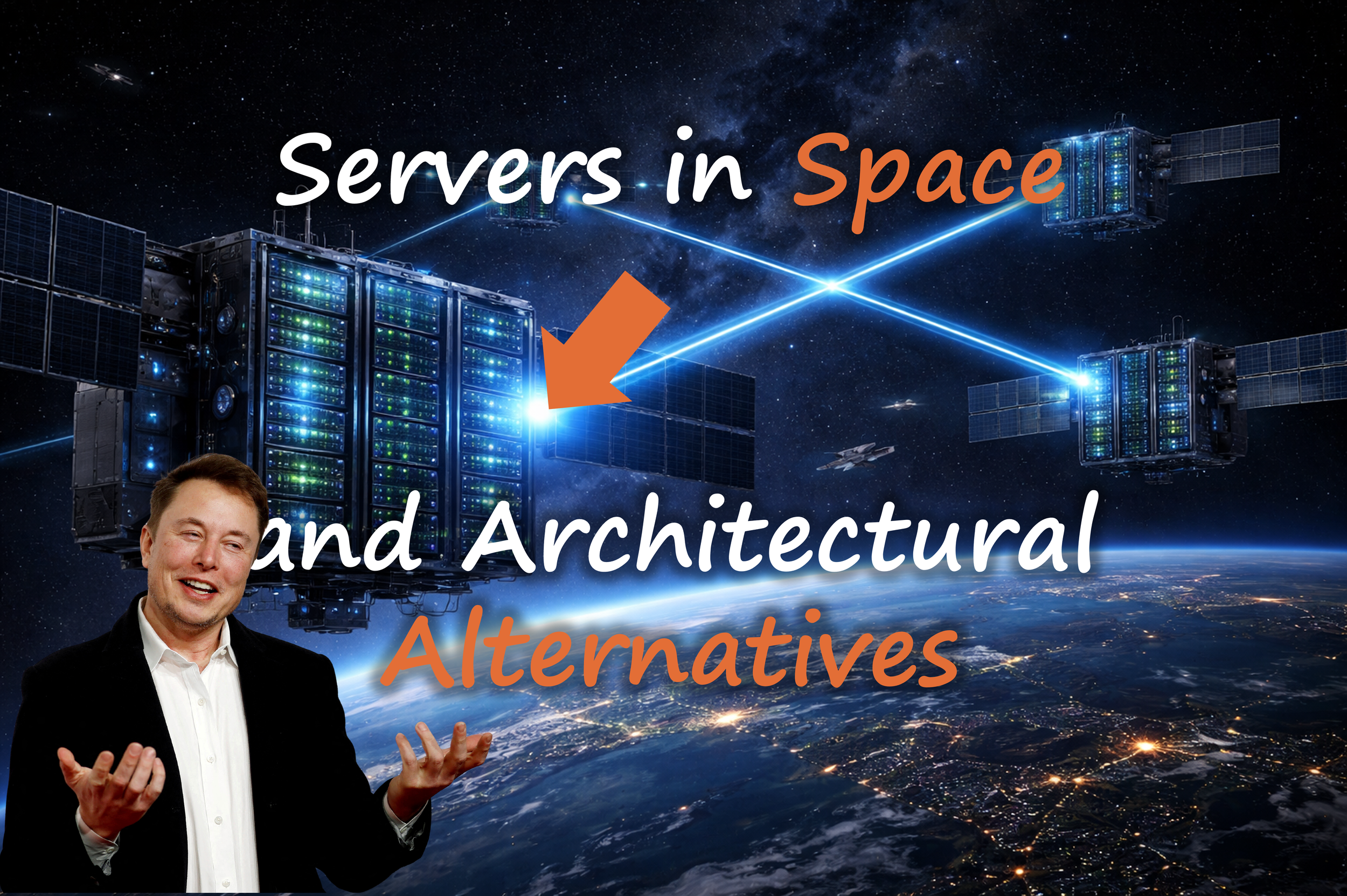
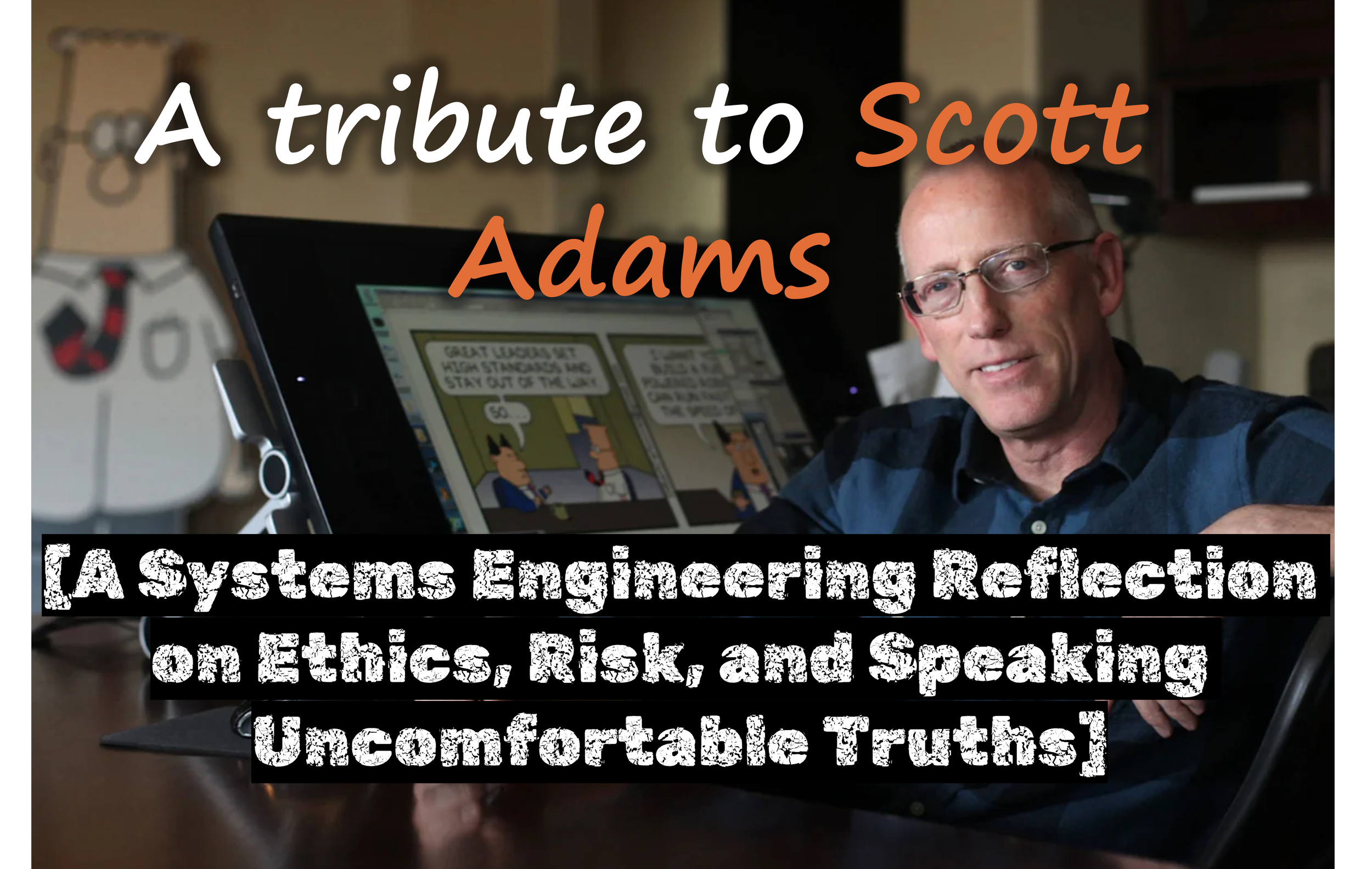
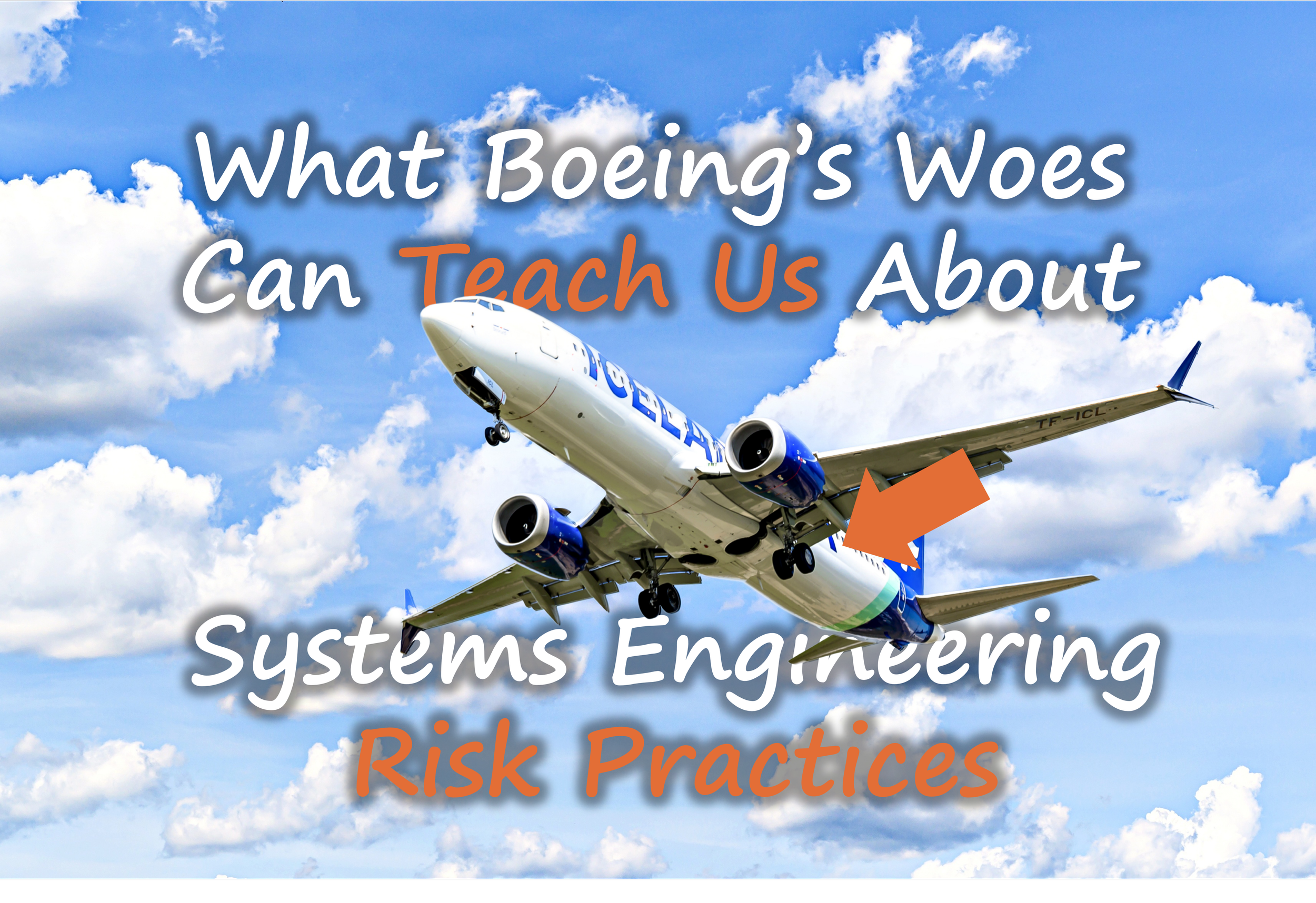
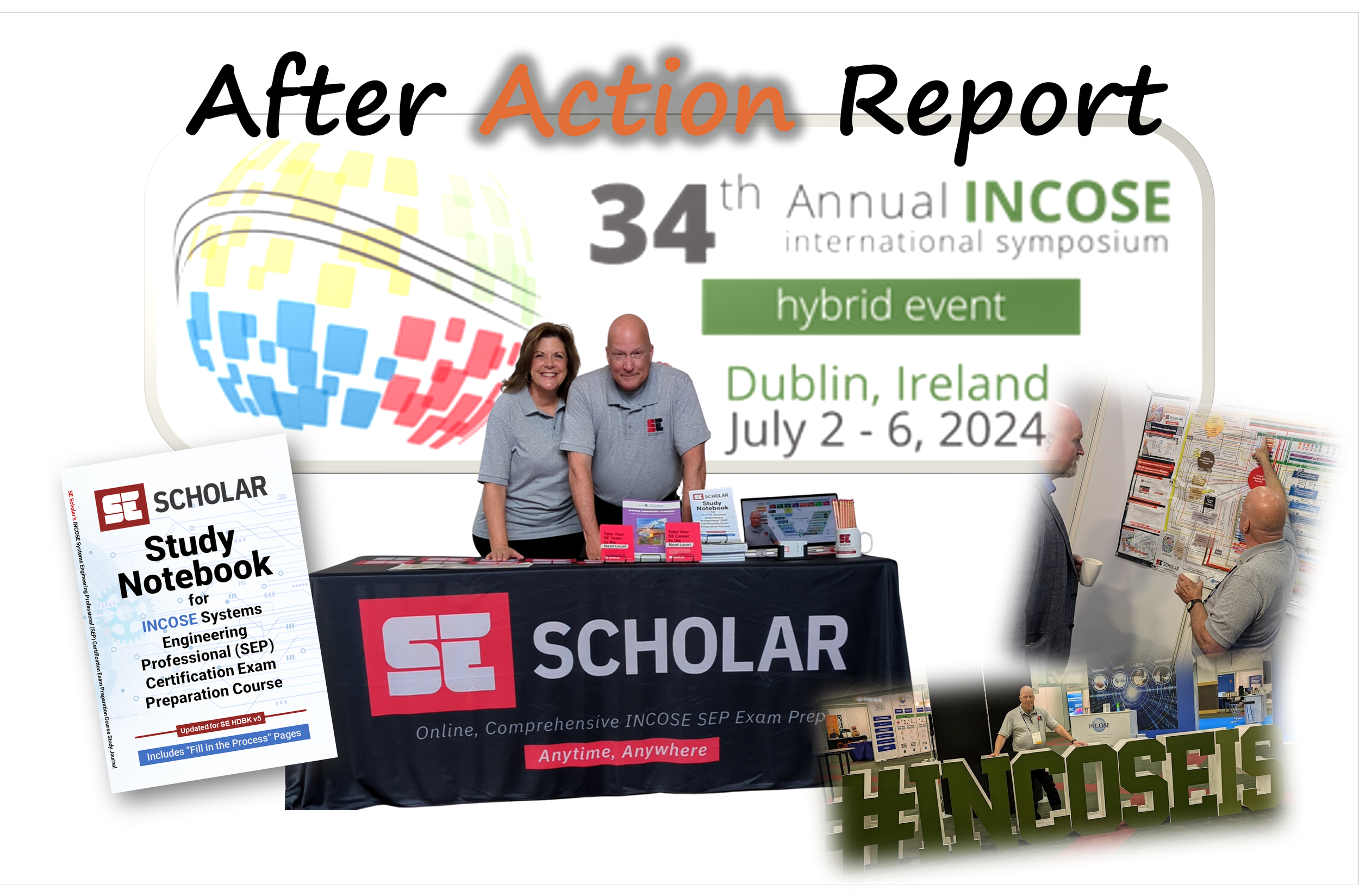


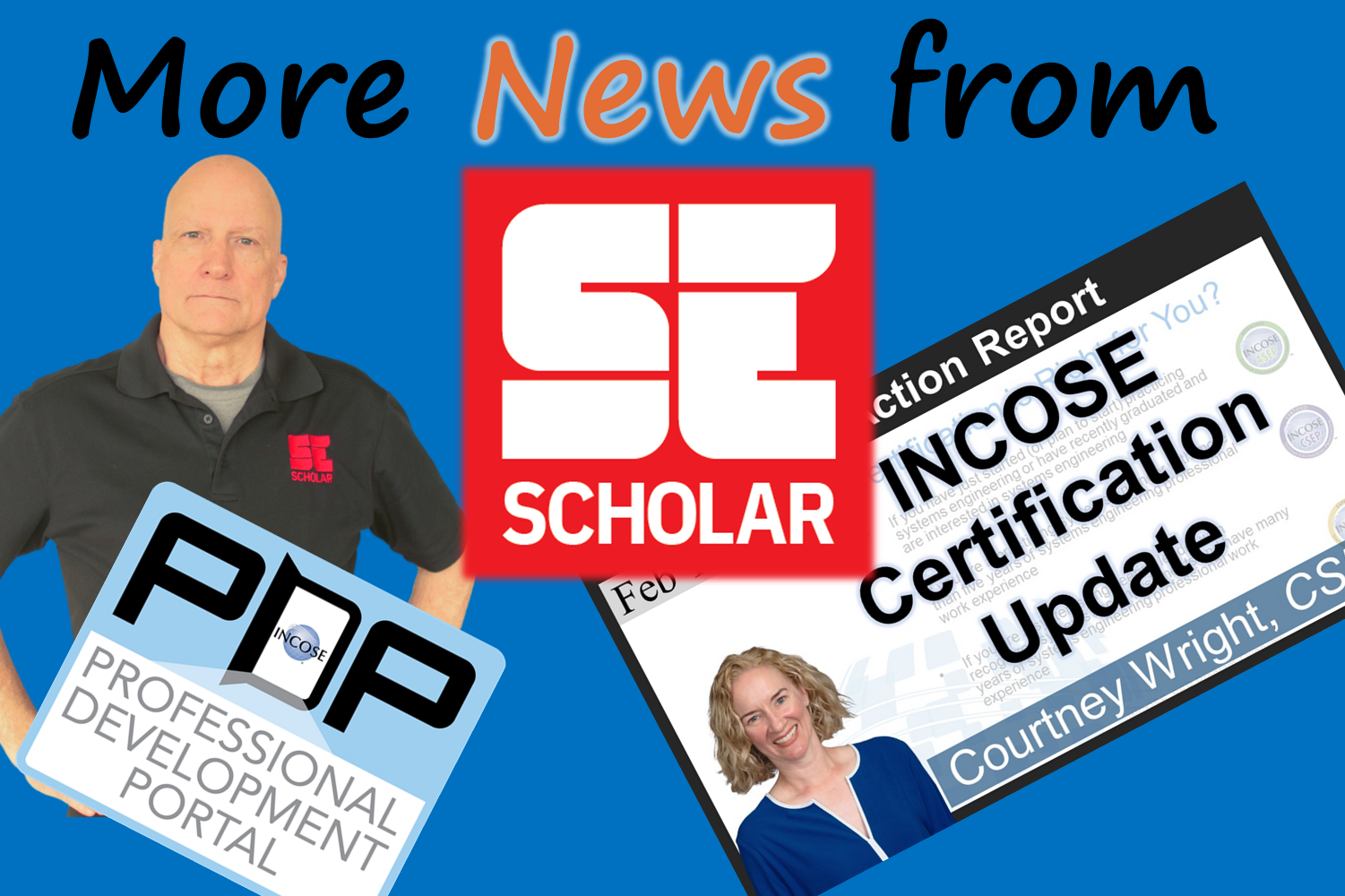

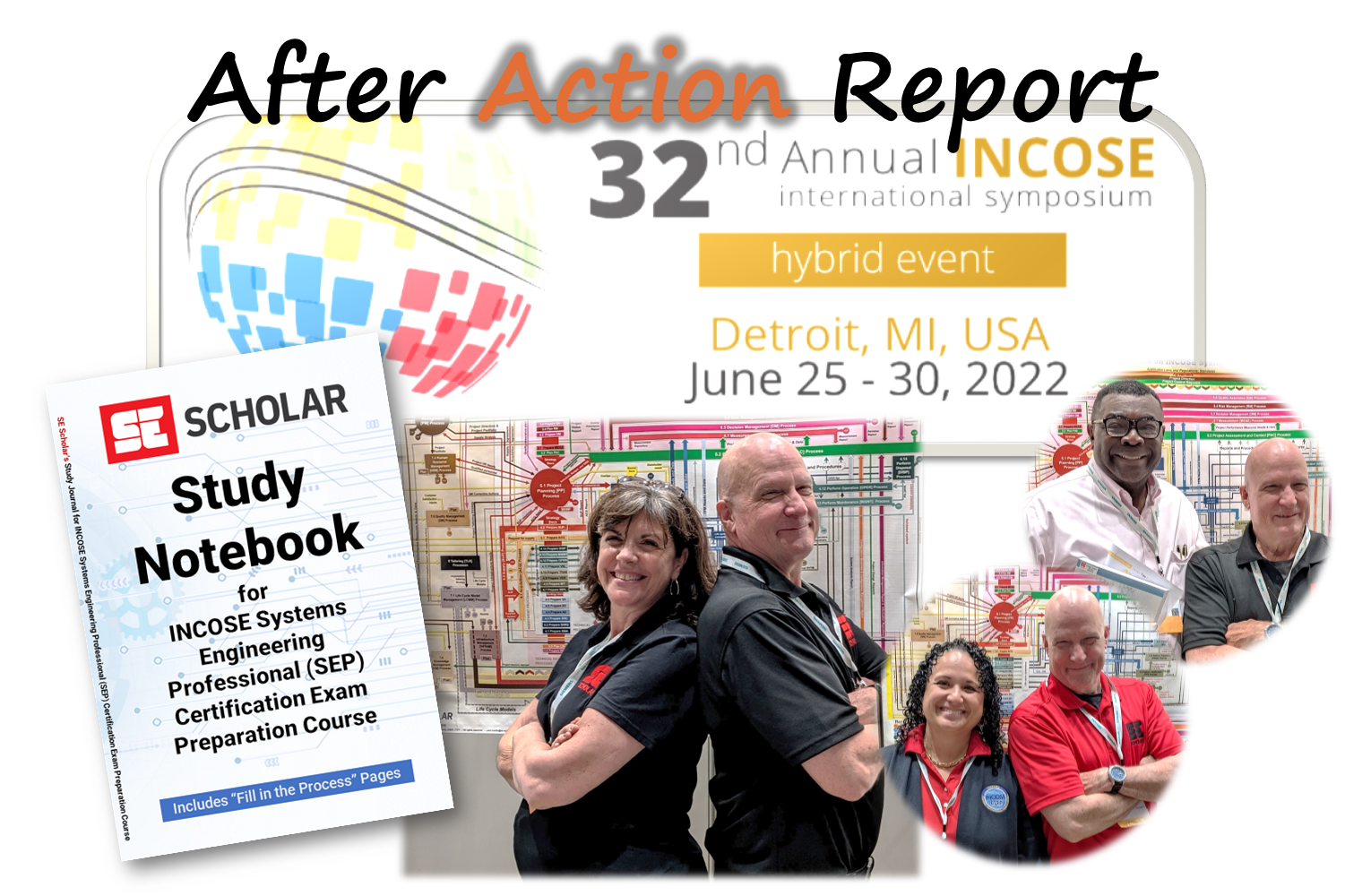
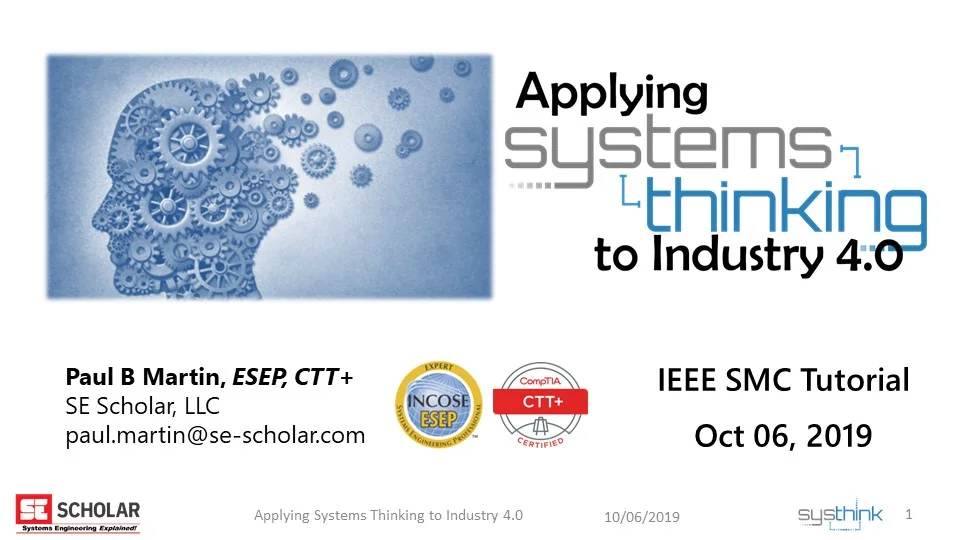
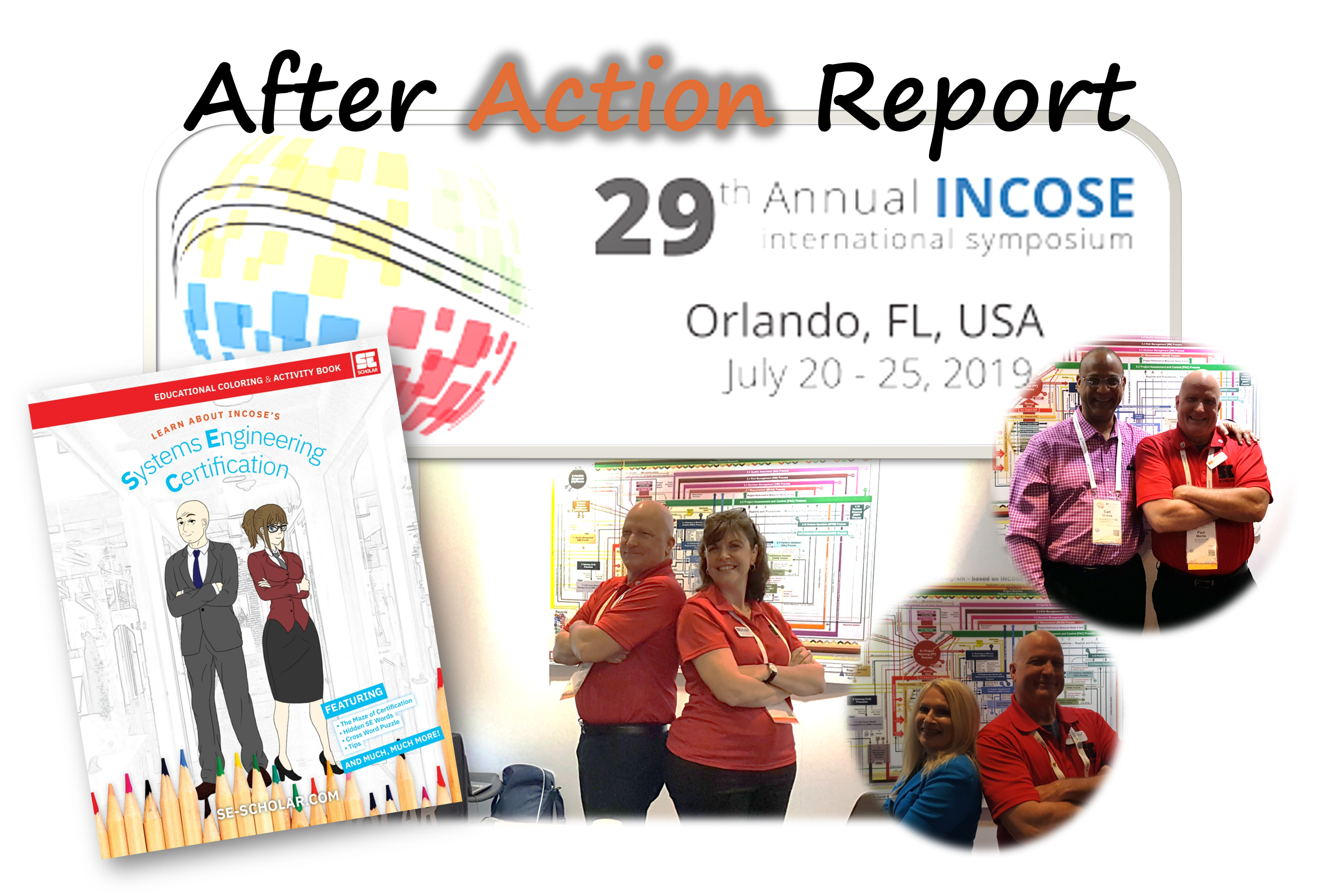
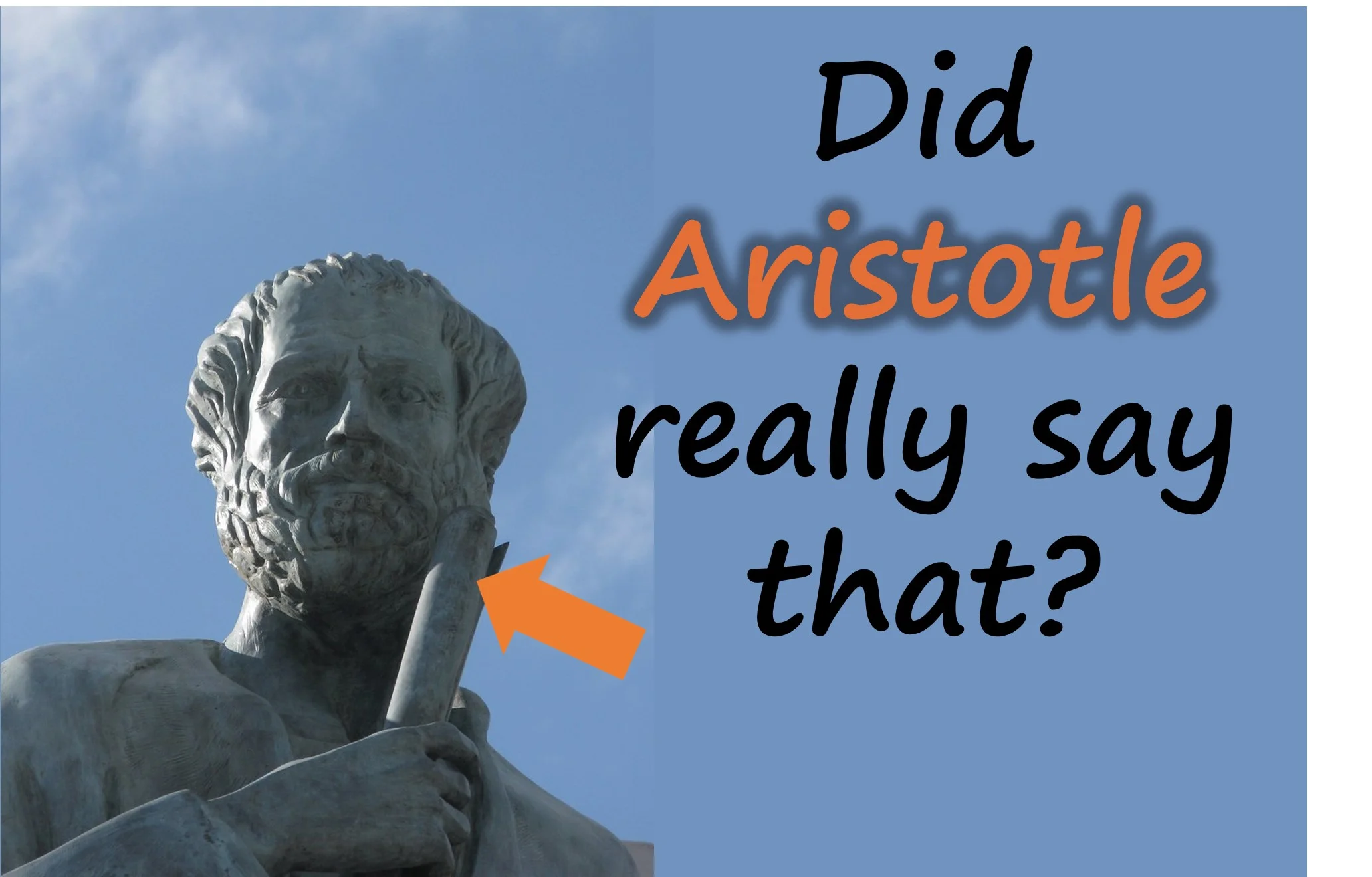
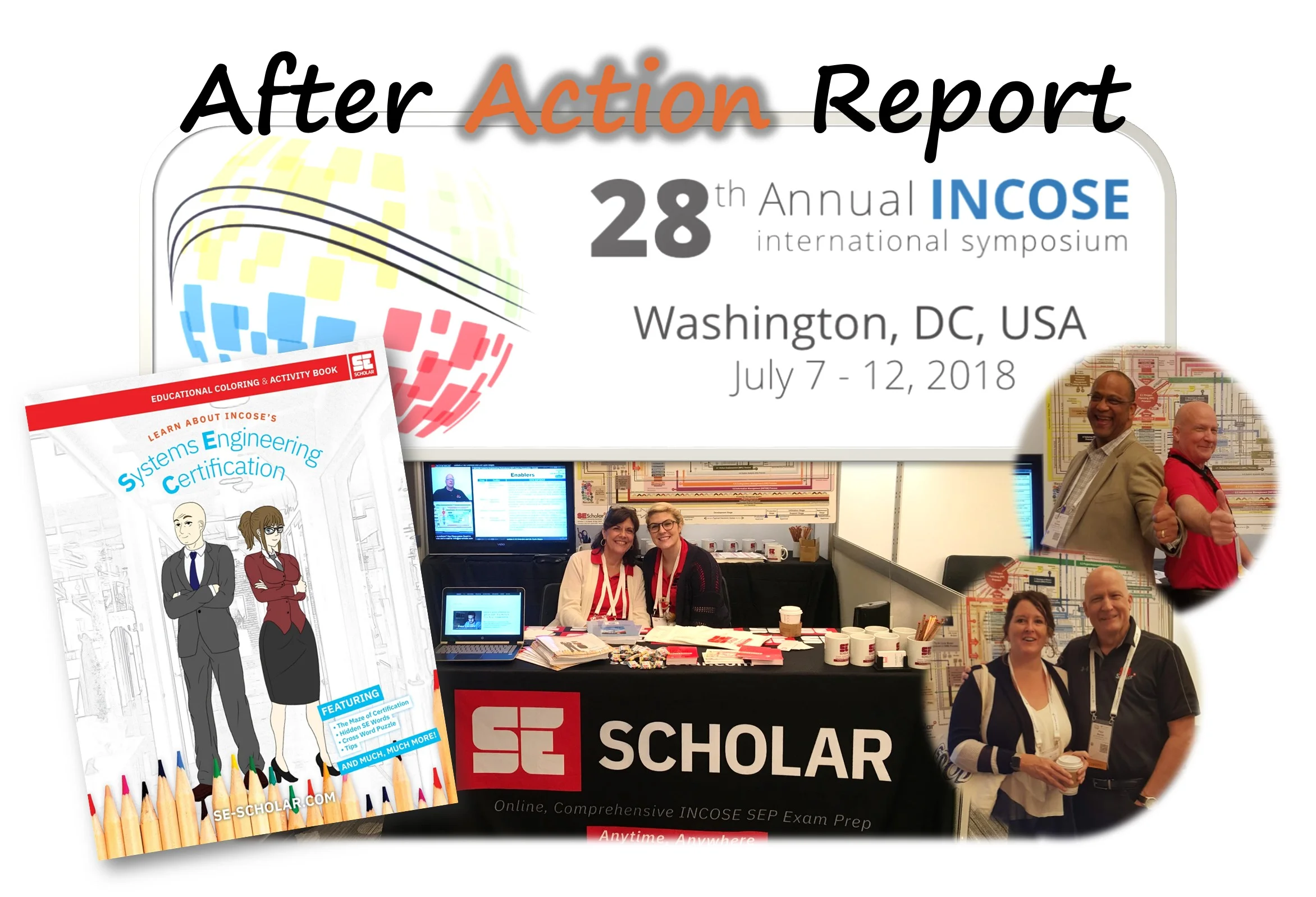

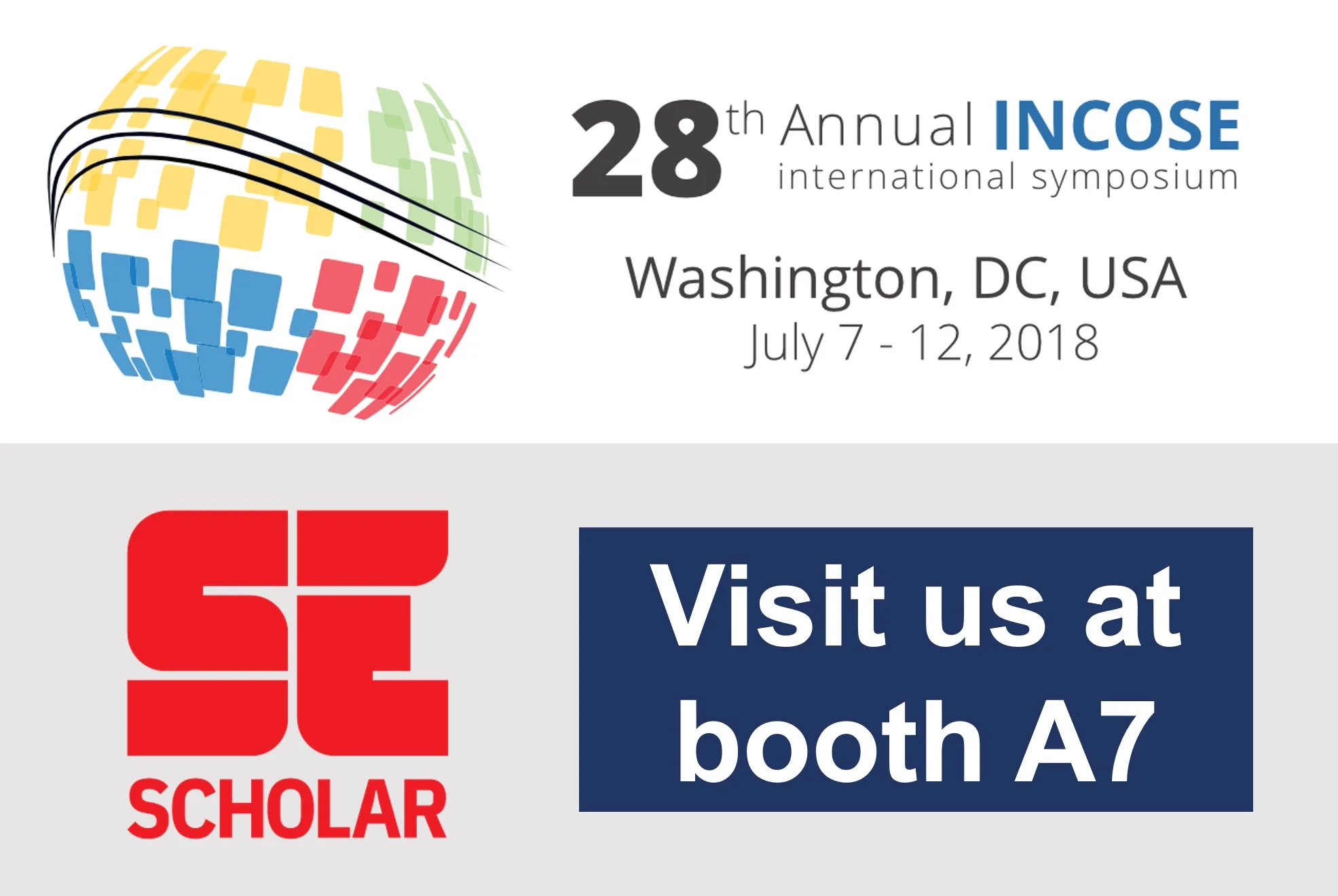

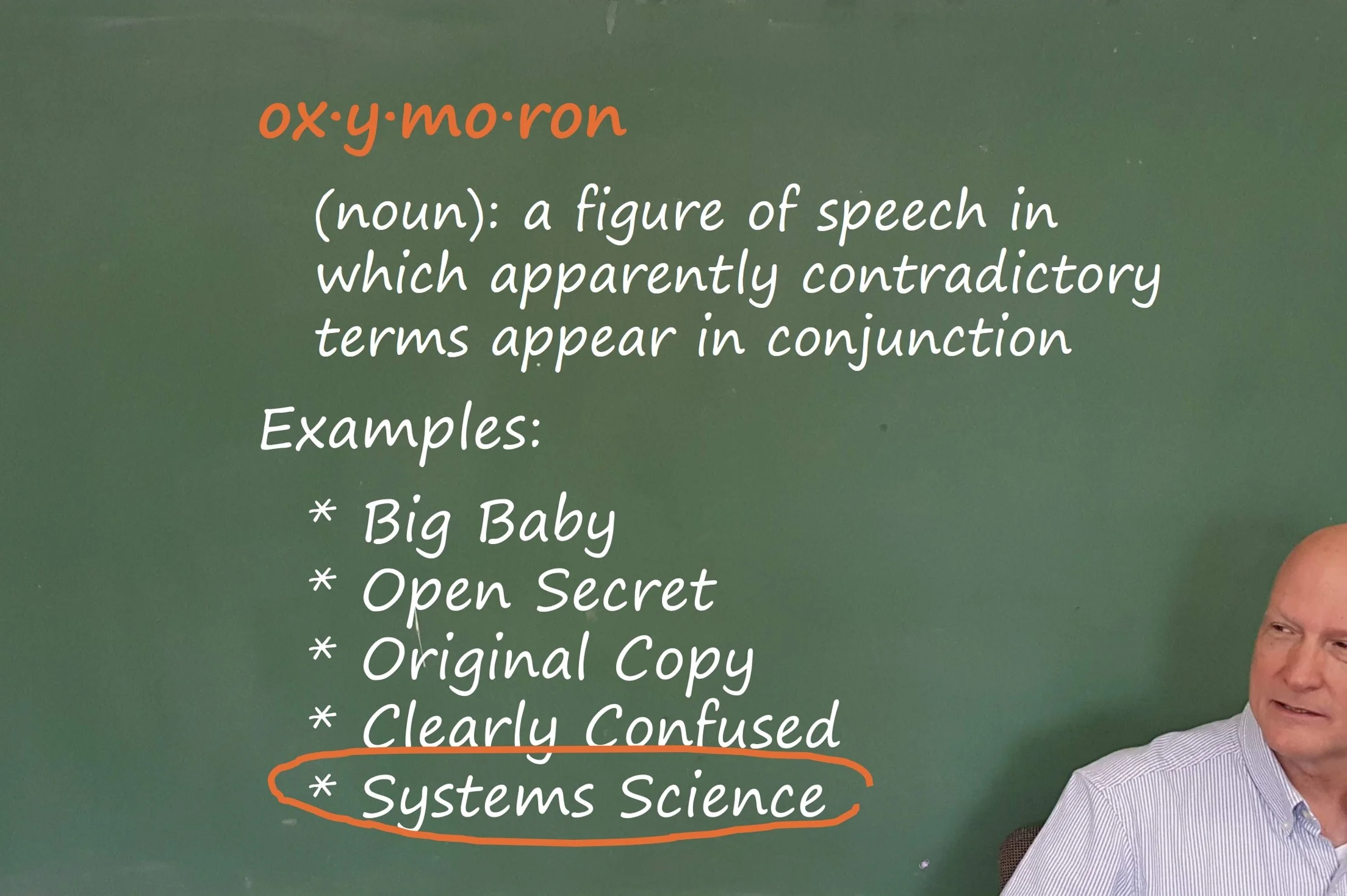

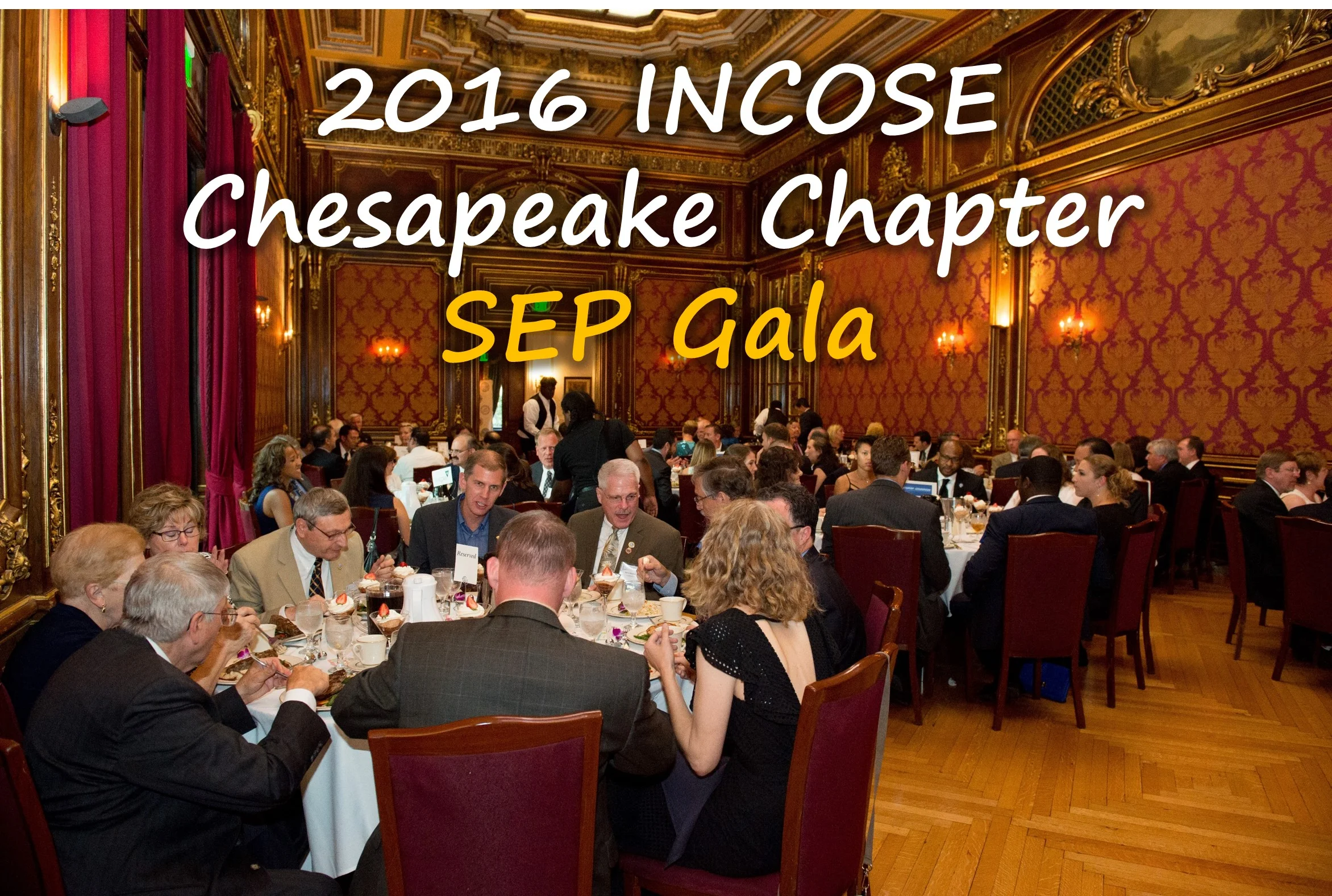

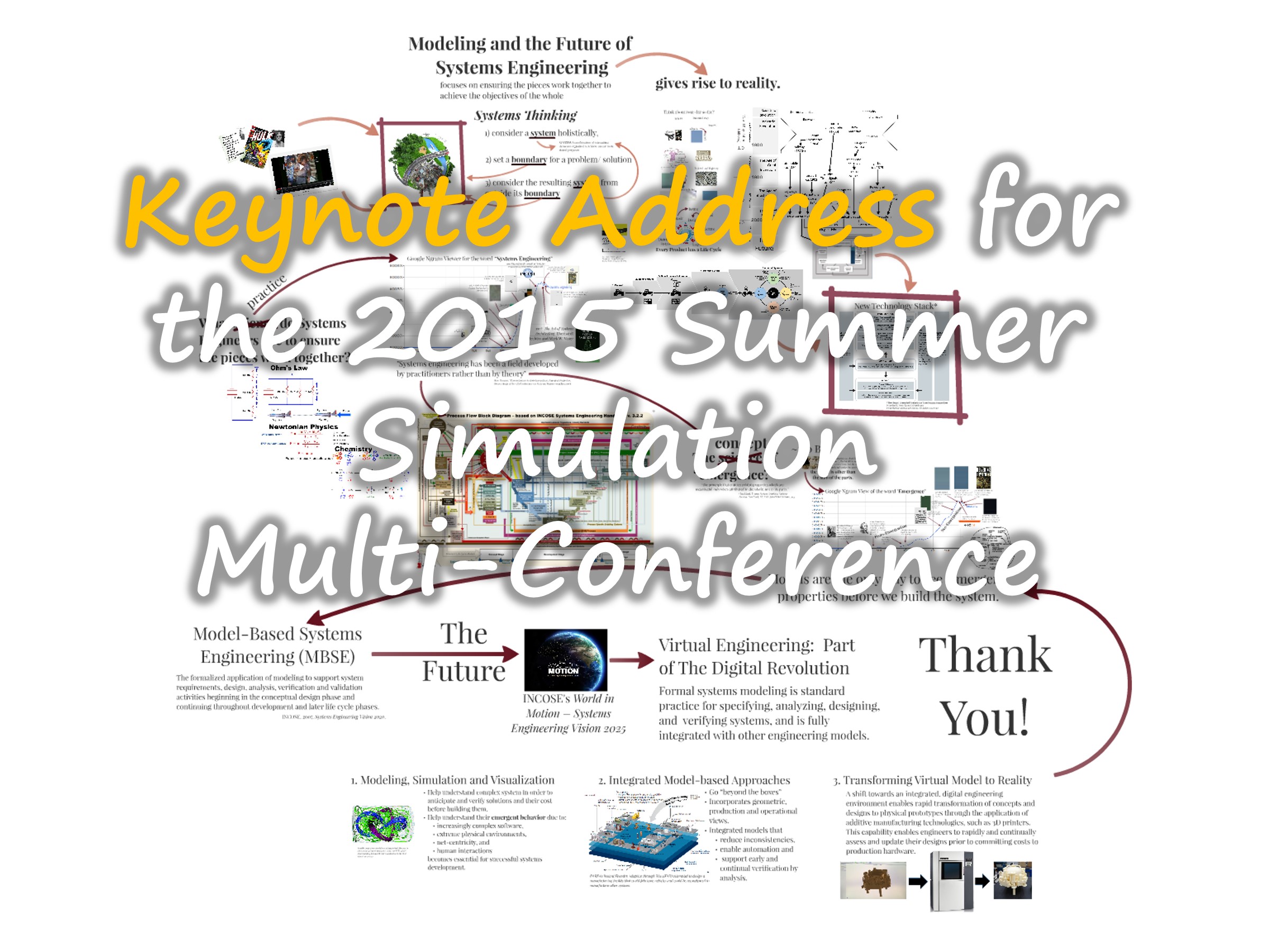

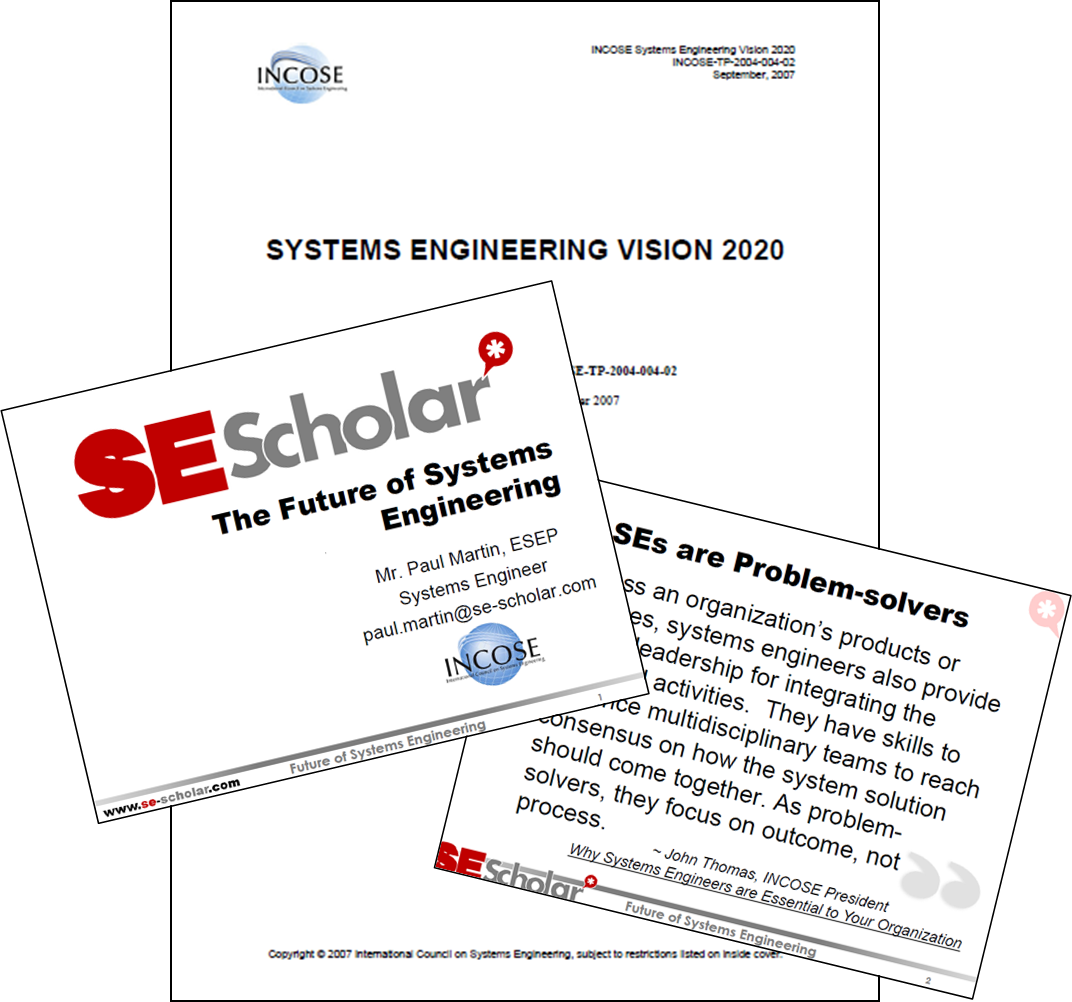





In 1909, E.M. Forster wrote a short story in which humans live in isolation and only communicate through a machine. Could this be the ConOp of our Future? A blueprint for what the New Normal will look like? Let’s take a closer look at the world of “the Machine Stops”